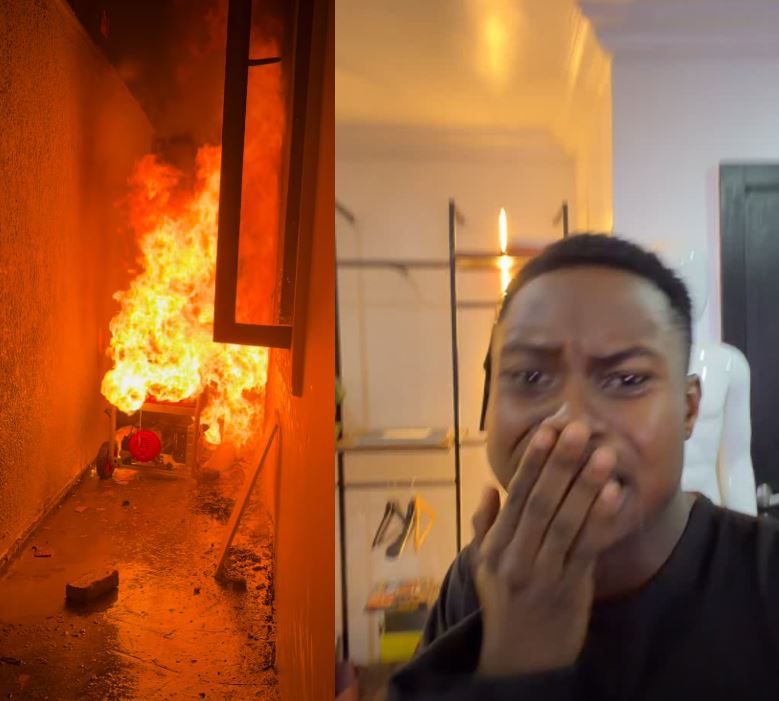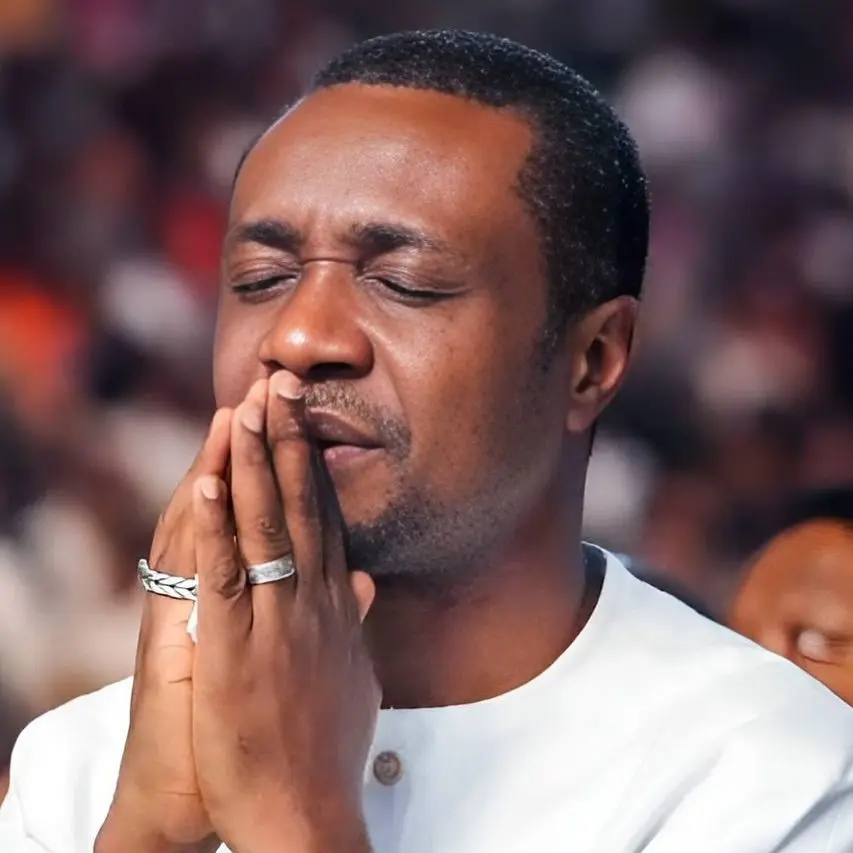
Sierra Leone’s top Ebola doctor, Sheikh Umar Khan on Tuesday died from complications of the disease. His death came just days after three nurses who worked with him perished. Khan served on the front lines of what is now considered the worst Ebola outbreak in history, with 670 dead, primarily in West Africa. He is credited with treating more than 100 victims and has previously been hailed as a national hero. Now, hundreds of condolences are pouring in on Twitter, praising his courage and altruism.
“Khan’s death is yet another recognition that health workers is the group most at risk,” Tarik Jasarevic, a spokesman with World Health Organization, tells TIME. More than 100 health workers have contracted the virus since the beginning of the outbreak and around half of them have died. “This is the first time most of these workers face such an outbreak. We have to equip them with protective gear and train them on how to use it. We also need to make sure there are enough workers. If they work reasonable shifts they can focus not only on the patients, but also on themselves.”
Sierra Leone is the country that has been worst hit by the latest outbreak, but neighboring Liberia is also struggling since the contagion breached its borders. The country’s overland border crossings have been closed since Sunday, and Doctors Without Borders reports that they are only able to provide limited technical support to Liberia’s Ministry of Health and Social Welfare. The fear is now that the deadly disease could also spread far beyond West Africa, possibly via air travelers. Medical services across Europe are on high alert because of the outbreak, and U.K. Foreign Secretary Philip Hammond told the BBC that the disease is a “threat” to his country.
“There is a risk that the epidemic will spread, but first of all we need to stop it on the ground,” says Jasarevic. “We know exactly what needs to be done, but it requires a lot of resources.” “We need more treatment centers and experts on the ground, and we need to communicate to communities and families to bring their victims to the centers as quickly as possible in order to increase their chance of survival. We need surveillance systems, safe transports for victims and equipment to carry out burials in a safe way.”
One small bit of good news: The current outbreak has proven to be less deadly than previous strands of the disease. Instead of a 90% mortality rate, 60% of the infected have died. And in some areas in Guinea, the situation has stabilized, with Doctors Without Borders even closing one of its Ebola treatment centers. The battle against the contagion continues, even if now with one less of its premier soldiers.




















